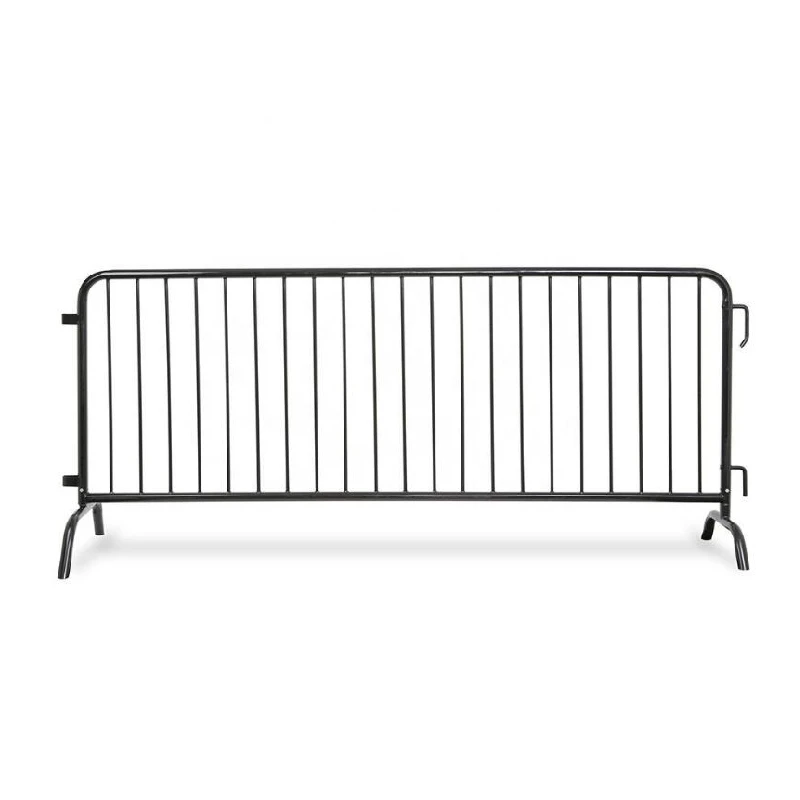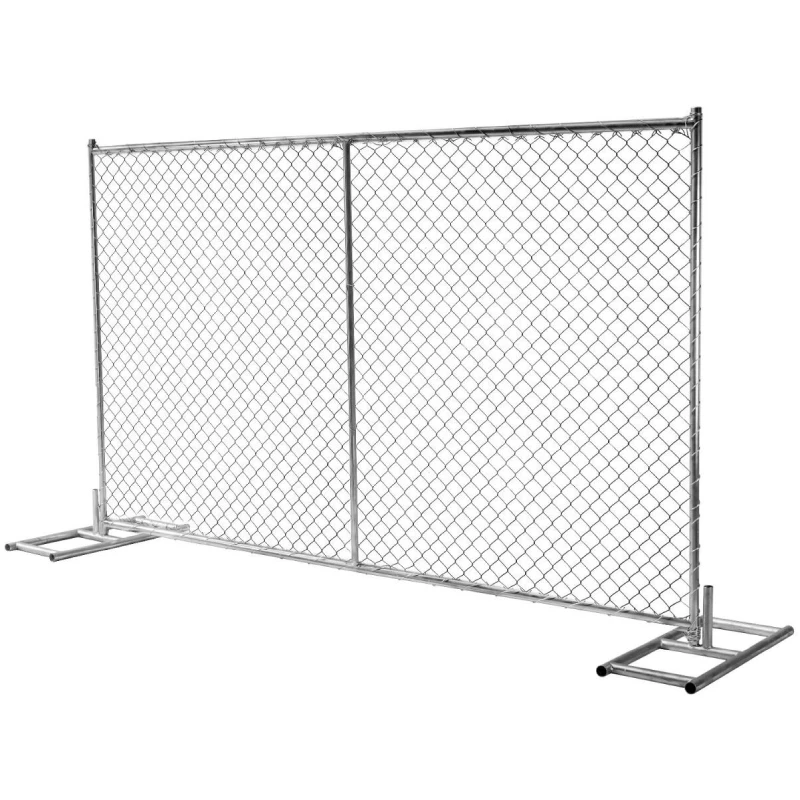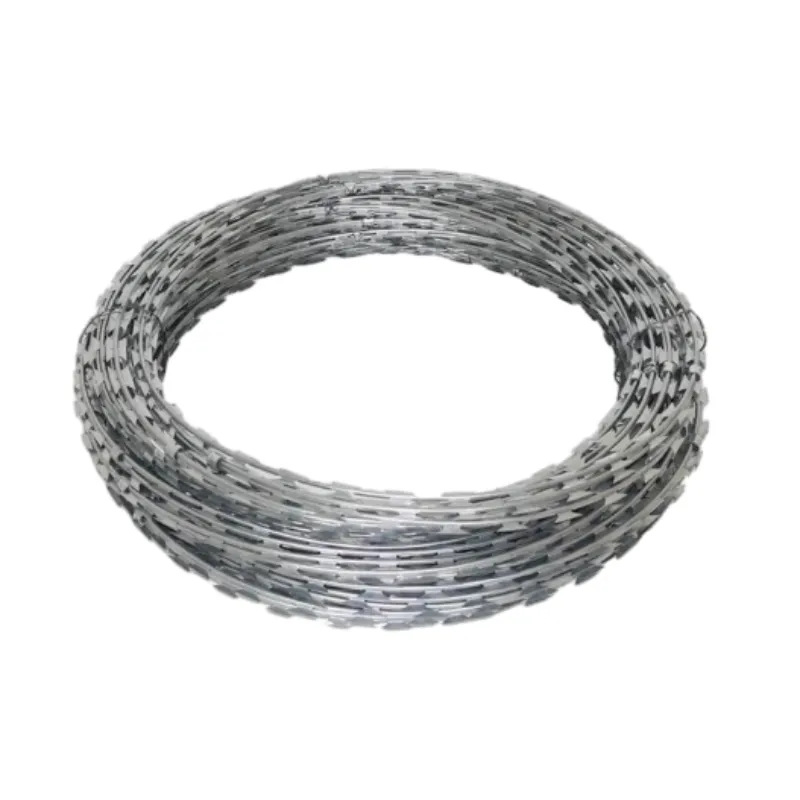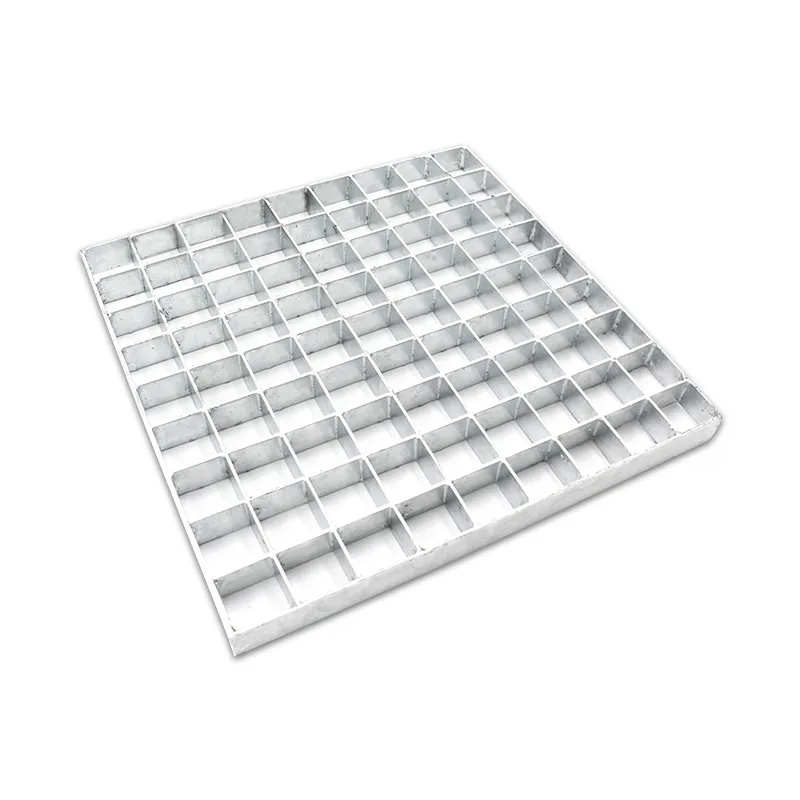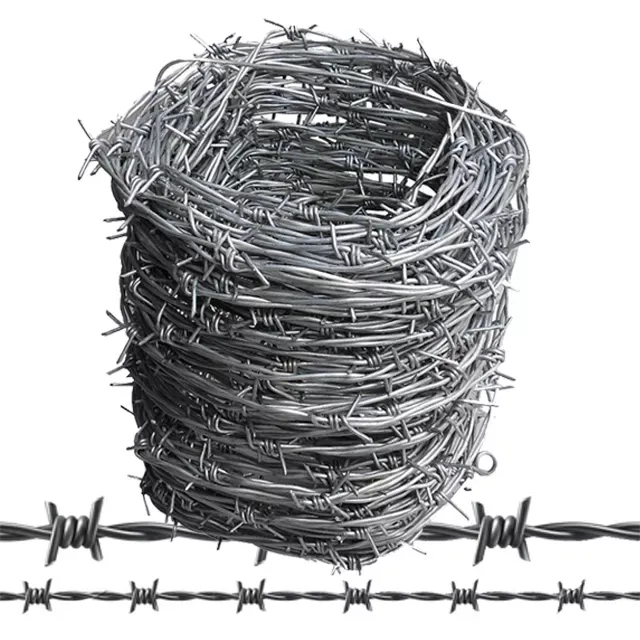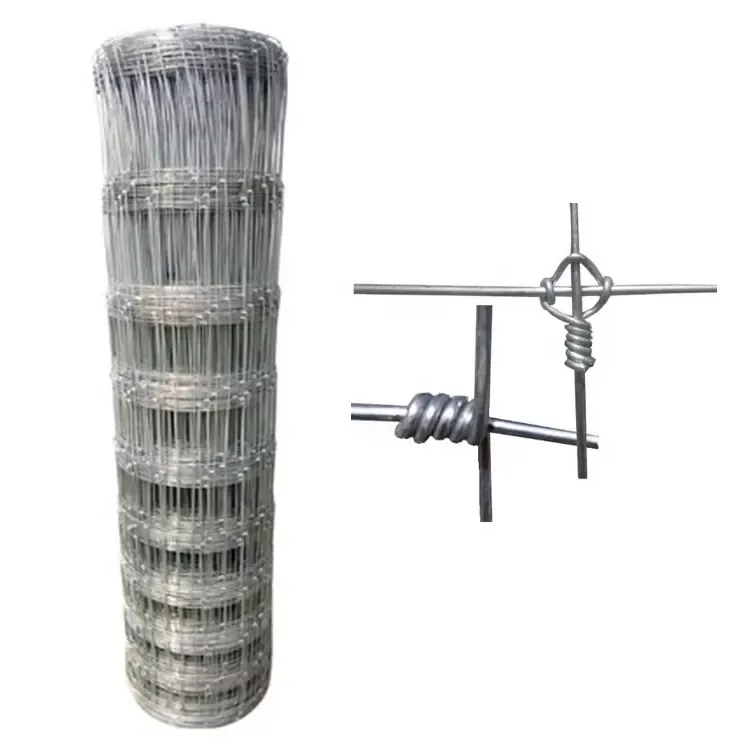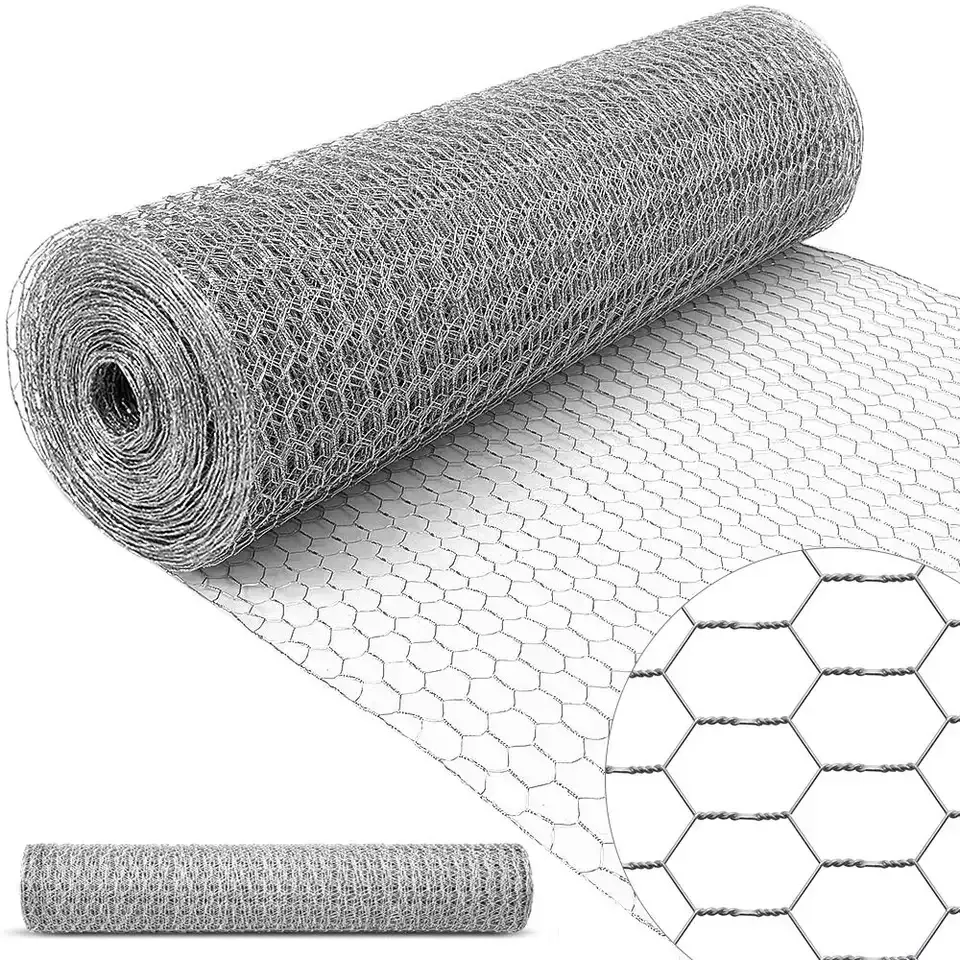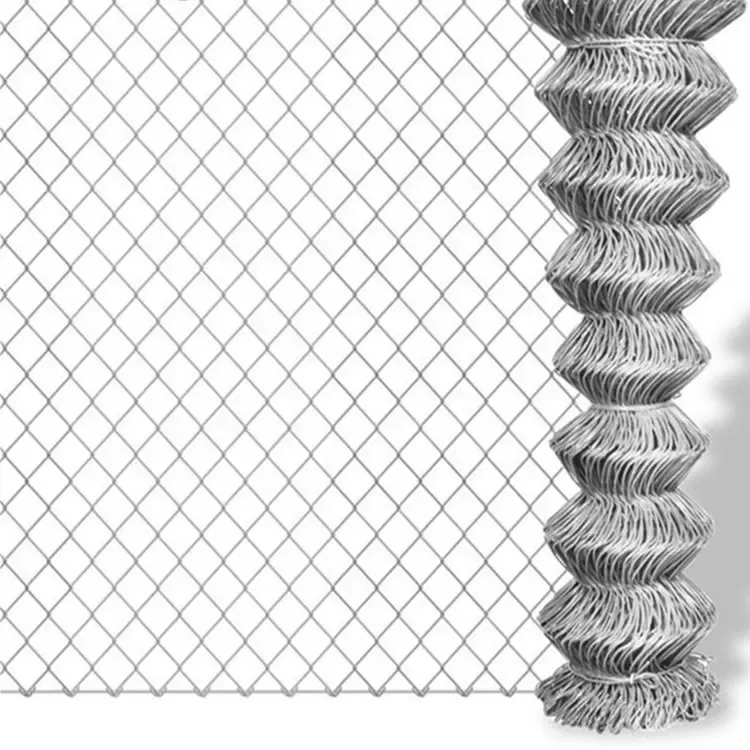
- Afrikaans
- Albanian
- Arabic
- Armenian
- Azerbaijani
- Basque
- Belarusian
- Bengali
- Bosnian
- Bulgarian
- Croatian
- Czech
- Danish
- Dutch
- English
- Esperanto
- Estonian
- Finnish
- French
- Galician
- Georgian
- German
- Greek
- hawaiian
- Hindi
- Hungarian
- Indonesian
- irish
- Italian
- Lao
- Latvian
- Lithuanian
- Luxembourgish
- Macedonian
- Maltese
- Myanmar
- Norwegian
- Polish
- Portuguese
- Romanian
- Russian
- Serbian
- Slovak
- Somali
- Spanish
- Swedish
- Thai
- Turkish
- Turkmen
- Vietnamese
Νοέ . 30, 2024 08:40 Back to list
Understanding the Gauge of Hardware Cloth and Its Practical Applications
Understanding the Gauge of Hardware Cloth A Comprehensive Guide
Hardware cloth is a type of wire mesh that is commonly utilized in a variety of applications, including construction, gardening, and animal enclosures. One of the key specifications that define hardware cloth is its gauge, which refers to the thickness of the wire used in its construction. Understanding the gauge of hardware cloth is essential for selecting the right material for your specific needs.
What is Gauge?
The gauge system is a standard measurement used to specify the wire thickness. The smaller the gauge number, the thicker the wire. Conversely, a higher gauge number indicates a thinner wire. This system can be somewhat counterintuitive, as most people might intuitively think that larger numbers signify more material. However, due to the intricacies of wire manufacturing processes, this is not the case.
For hardware cloth, the most common gauges range from 14 to 19. A 14-gauge hardware cloth is significantly thicker than a 19-gauge version. The choice of gauge will impact the material's strength, durability, and functionality.
Why Does Gauge Matter?
Choosing the appropriate gauge of hardware cloth is critical for various reasons
1. Strength and Durability Thicker wires (i.e., lower gauge numbers) provide greater strength and resistance to bending and breaking. For projects that require substantial structural integrity, opting for 14 or 16-gauge hardware cloth is advisable.
2. Application Suitability Different applications necessitate varying levels of durability. For example, in gardening, a lighter 19-gauge cloth may suffice for keeping pests out without adding excessive weight. However, if you're creating a strong barrier for larger animals, a 14-gauge cloth will be more appropriate.
gauge of hardware cloth

3. Weight Considerations Thicker wire is heavier and may be more challenging to work with. If you are undertaking a project where ease of handling is paramount, a lighter gauge may be preferable, so long as it meets the necessary strength requirements.
4. Cost Implications Thicker hardware cloth typically costs more due to the increased material used. Balancing cost and functionality is an essential consideration, particularly for larger projects that require significant quantities of material.
Different Types of Hardware Cloth
In addition to gauge, hardware cloth comes in various configurations
- Welded Wire This type offers superior strength since the wires are welded at intersections. It is well-suited for structural applications where support is paramount.
- Galvanized Hardware Cloth Coated with a layer of zinc to protect against rust, galvanized cloth is essential for outdoor projects or areas exposed to moisture. The gauge will significantly impact its longevity depending on the environmental conditions.
- Plastic Coated Wire For projects requiring additional weather resistance and aesthetics, plastic-coated hardware cloth is available. This option is often used in decorative fences, gardens, or enclosures to minimize rust and corrosion.
Conclusion
Choosing the correct gauge of hardware cloth is a critical decision that affects the longevity and efficacy of your projects. Whether you are building a garden fence, creating a structure for animals, or constructing a project that requires robust material, understanding the gauge — in conjunction with considerations like type and coating — is vital. Always assess your specific requirements and select a gauge that provides the right balance of strength, weight, and cost-effectiveness. Investing in the right hardware cloth will ensure your projects are durable, efficient, and well-suited to their intended purpose.
-
Versatile Sheep and Livestock Hurdles for Sale
NewsApr.14,2025
-
The Rise of BRC Fencing
NewsApr.14,2025
-
High-Quality Cattle and Horse Panels for Sale
NewsApr.14,2025
-
Durable Cattle Fencing Solutions
NewsApr.14,2025
-
Double Wire Fencing Solutions
NewsApr.14,2025
-
360 Degree Protection with 358 Anti-Climb Fences
NewsApr.14,2025


